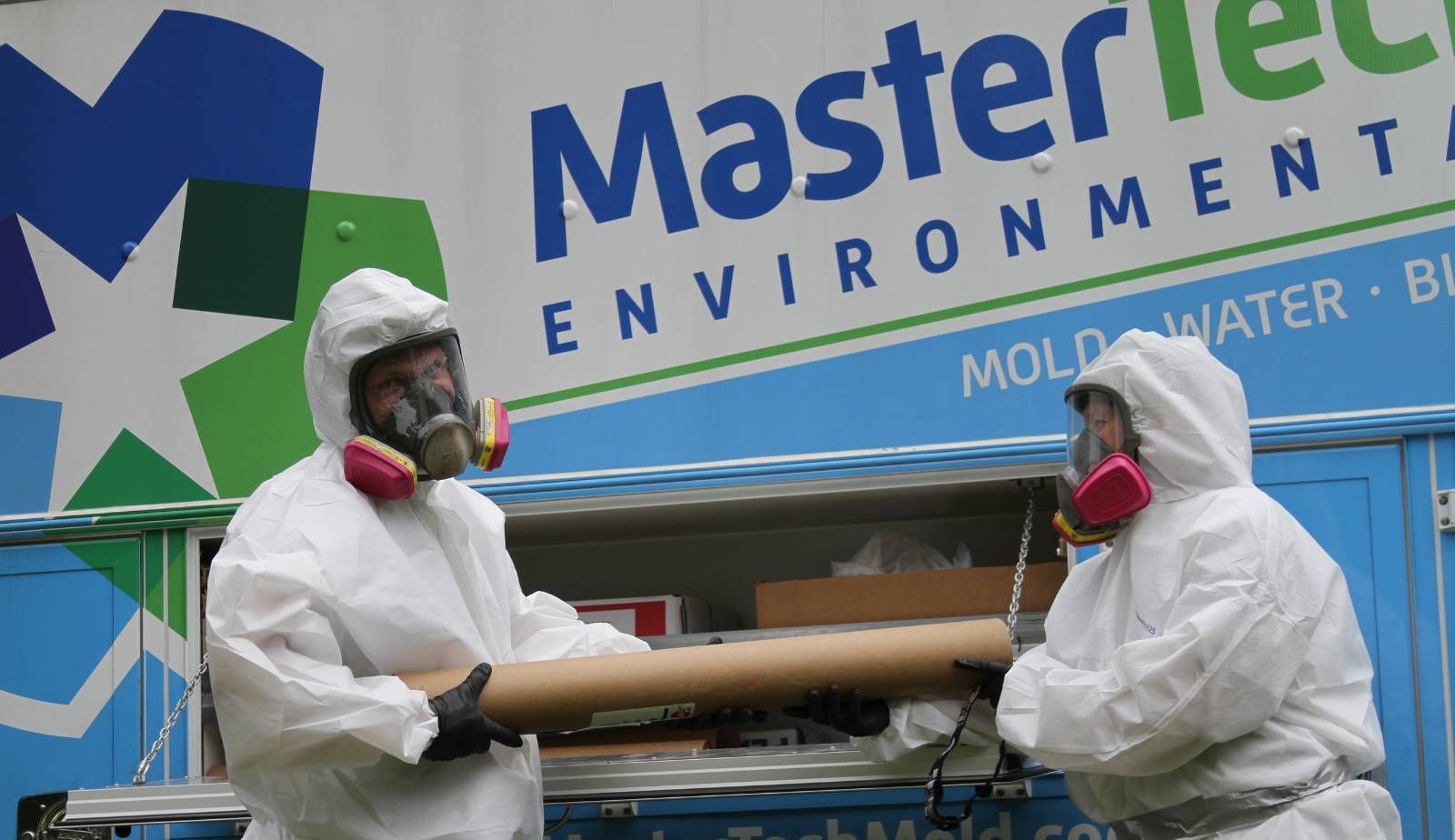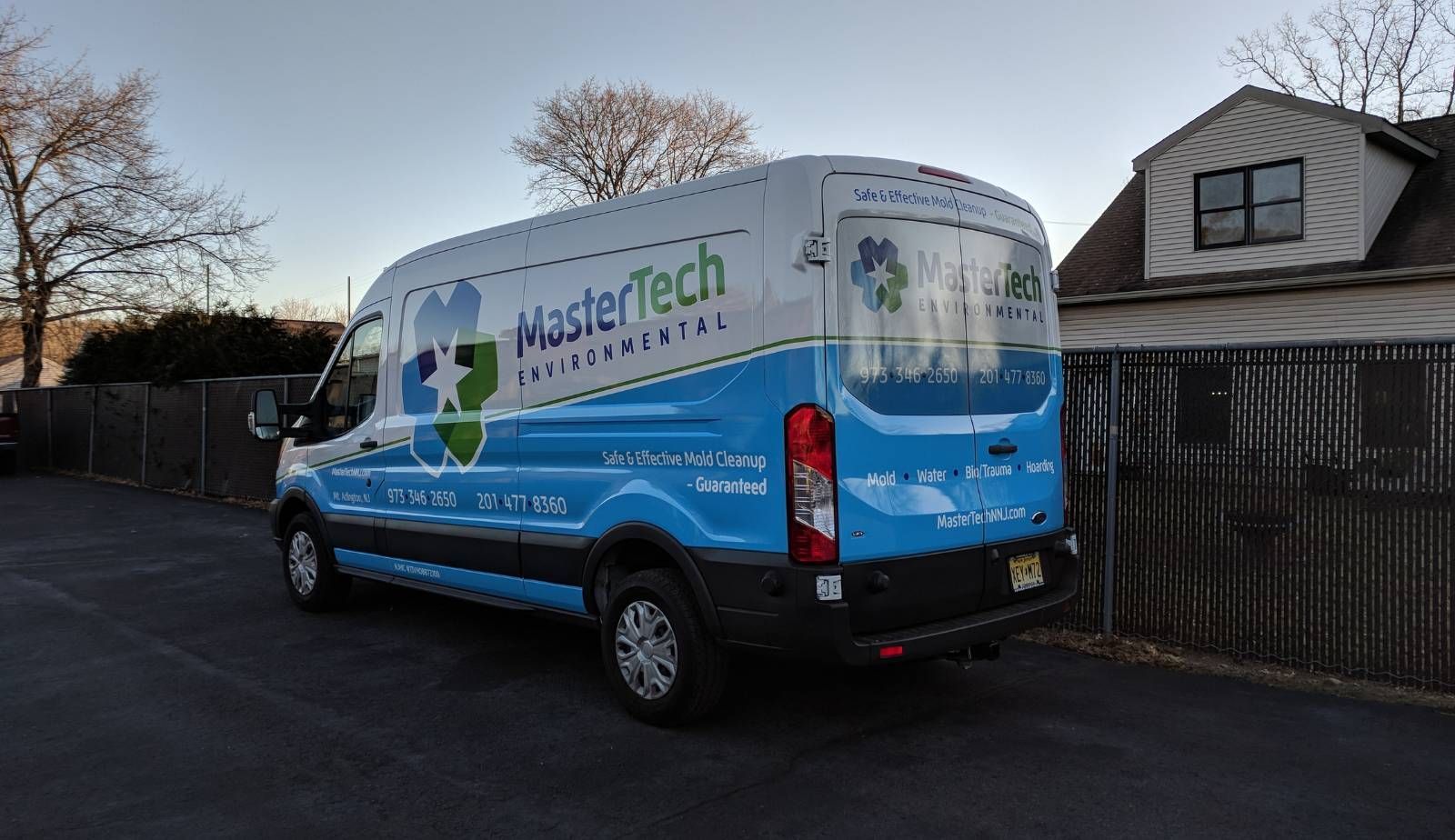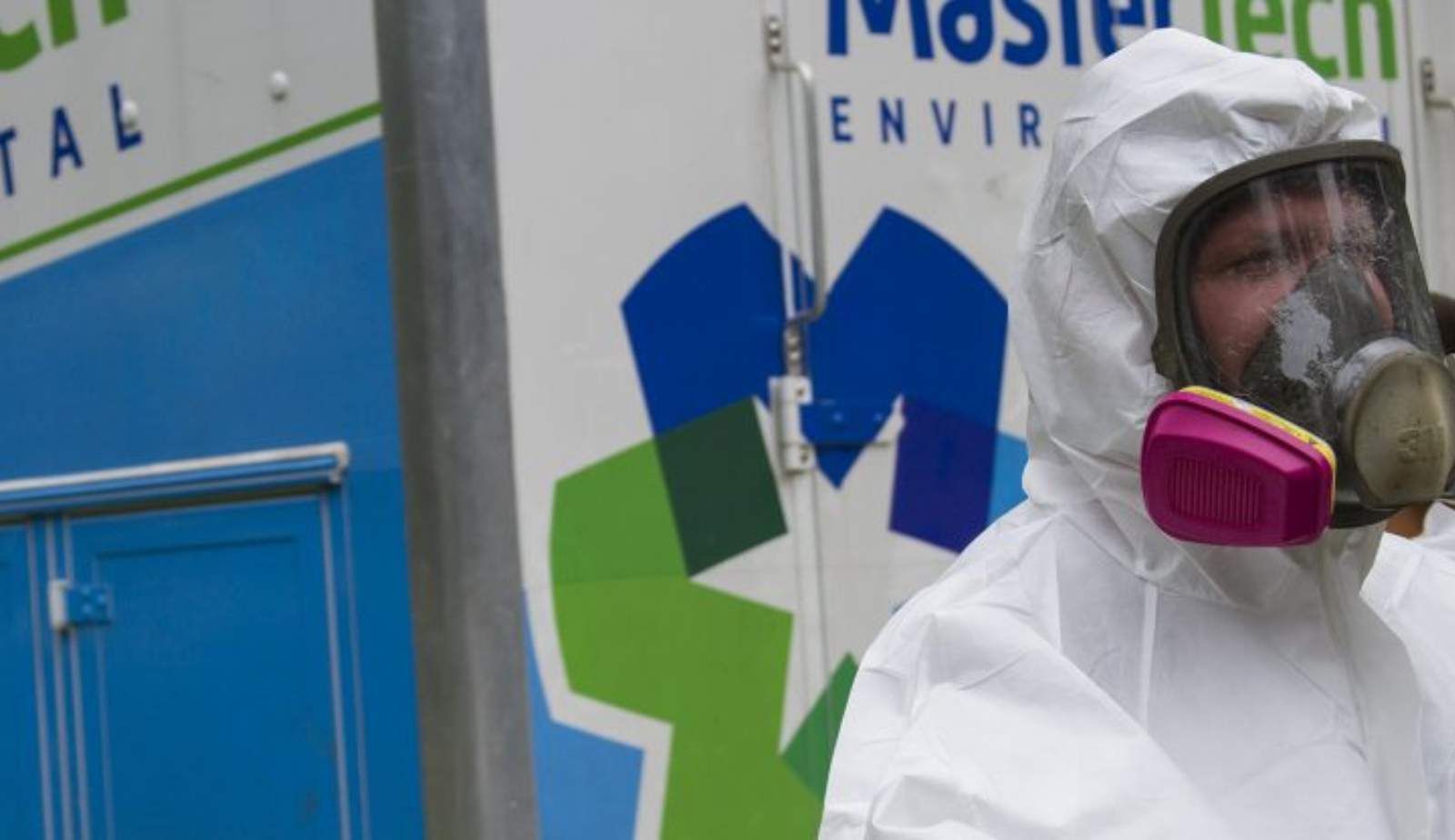
Selecting the ideal location for a Mastertech franchise is crucial for business success. The right geographical area can significantly impact customer demand, profitability, and long-term growth potential. Prospective franchisees should carefully evaluate demographics, local competition, and market demand when choosing a location for their Mastertech Environmental franchise.
Several key factors influence the suitability of a location for a Mastertech franchise. Population density, income levels, and the age of homes in the area can indicate potential demand for environmental remediation services. Analyzing local competitors and identifying underserved markets can help franchisees find opportunities for growth. Additionally, considering proximity to suppliers and labor markets can contribute to operational efficiency.
Mastertech offers franchise territories across the United States, providing opportunities for entrepreneurs in various regions. By thoroughly researching potential locations and leveraging Mastertech's expertise, franchisees can position themselves for success in the environmental remediation industry.
Understanding Franchising Fundamentals
Franchising offers entrepreneurs a proven business model and established brand recognition. It provides a structured path to business ownership with ongoing support from the franchisor.
Franchise Basics
A franchise is a business arrangement where the franchisor grants the franchisee the right to use its brand, systems, and processes. The franchisee operates under the franchisor's trademark and follows their established business model.
Franchising provides benefits like brand recognition, marketing support, and operational guidance. Franchisees gain access to a tested business format and ongoing training.
Key advantages include: • Lower risk compared to starting from scratch • Established customer base • Proven products or services • Bulk purchasing power
Franchisees must adhere to the franchisor's standards and procedures to maintain consistency across the brand.
Franchise Agreement Essentials
The franchise agreement is a legally binding contract between the franchisor and franchisee. It outlines the rights, responsibilities, and obligations of both parties.
Key elements of a franchise agreement include:
• Initial fees and ongoing royalties
• Territory rights
• Term of the agreement
• Training and support provided
• Operational standards
• Marketing requirements
The agreement specifies the use of trademarks, intellectual property, and proprietary systems. It also covers termination conditions and renewal options.
Franchisees should carefully review the agreement with a lawyer before signing. Understanding the terms helps ensure a successful franchise relationship and avoids potential conflicts.
Pre-Site Selection Strategies
Before diving into specific locations, implementing effective pre-site selection strategies is crucial for Mastertech franchise success. These initial steps lay the groundwork for informed decision-making and optimal site choices.
Conducting Market Research
Thorough market research is essential for identifying prime franchise locations. Analyze demographic data, including population density, age distribution, and income levels. Examine local economic indicators and growth projections. Study consumer behavior patterns and preferences related to environmental services.
Evaluate the competitive landscape, identifying existing environmental service providers and their market share. Assess potential gaps in service offerings that Mastertech could fill. Consider conducting surveys or focus groups to gauge local demand for environmental services.
Utilize geographic information systems (GIS) to map potential locations and visualize market data. This tool can help identify areas with high concentrations of target customers or underserved markets.
Evaluating Franchise Options
Carefully review Mastertech's franchise offerings and support systems. Examine the company's track record, growth potential, and brand reputation. Request detailed financial projections and performance data from existing franchises.
Attend Mastertech discovery days or informational sessions to gain deeper insights into the franchise model. Engage with current franchisees to learn about their experiences and challenges. This due diligence helps ensure alignment between your goals and Mastertech's business model.
Consider your personal strengths and how they fit with Mastertech's operational requirements. Assess your financial capacity and risk tolerance. Evaluate the level of support Mastertech provides in site selection, training, and ongoing operations.

Identifying the Target Market
Pinpointing the right target market is crucial for Mastertech franchise success. Accurate demographic analysis, consumer behavior insights, and future growth predictions help franchisees choose optimal locations.
Demographic Analysis
Identifying your target buyer's profile is essential for Mastertech franchises. Consider factors like age, income, education, and occupation. Focus on areas with a high concentration of homeowners, as they're more likely to need environmental services.
Analyze local demographics to find neighborhoods with:
- Middle to upper-income households
- Families with children
- Older homes (built before 1980)
- High property values
Use census data and local real estate reports to gather this information. Target areas with a mix of residential and commercial properties to diversify your customer base.
Understanding Consumer Behavior
Study the habits and preferences of potential customers in your chosen location. Look for areas where residents prioritize health, safety, and home maintenance.
Key indicators of a promising market include:
- Active home renovation scene
- High engagement with local home improvement businesses
- Community interest in environmental issues
- Frequent home inspections during property sales
Conduct surveys or focus groups to gain deeper insights into local needs and concerns related to environmental services.
Predicting Future Growth
Anticipate future market trends to ensure long-term success for your Mastertech franchise. Research local development plans and economic forecasts.
Look for areas with:
- Planned residential or commercial developments
- Increasing property values
- Growing population
- Expanding job markets
Consider factors like upcoming infrastructure projects or changes in local regulations that might impact demand for environmental services. Stay informed about regional economic trends to identify emerging markets for Mastertech's services.
Analyzing Location Dynamics
Selecting the right location for a Mastertech franchise involves evaluating multiple factors that impact business success. Key considerations include prime location characteristics and local regulatory environments.
Prime Location Factors
When choosing a location for a Mastertech franchise, visibility is crucial. Opt for sites with high foot traffic and easy accessibility. Look for areas with ample parking to accommodate customers and service vehicles.
Signage opportunities play a vital role in attracting attention. Select locations that allow for prominent, eye-catching displays. Consider the surrounding businesses and ensure they complement Mastertech's services.
Analyze the local demographics to match the target market. Areas with a high concentration of residential and commercial properties are ideal for environmental services. Evaluate the competition in the area to identify underserved markets.
Local Regulations Impact
Local regulations significantly influence franchise operations. Research zoning laws to ensure the chosen location permits Mastertech's activities. Some areas may have restrictions on certain environmental services or equipment storage.
Building codes and permit requirements can affect renovation costs and timelines. Familiarize yourself with local business licensing procedures and any industry-specific certifications needed.
Environmental regulations vary by location. Stay informed about local policies regarding waste disposal, chemical handling, and air quality standards. These factors can impact service offerings and operational costs.
Consider future development plans for the area. Upcoming infrastructure projects or zoning changes may affect accessibility or business potential. Engage with local authorities to understand long-term plans for the neighborhood.

Competitive Landscape Assessment
Evaluating the competitive environment is crucial for selecting an optimal Mastertech franchise location. A thorough analysis helps identify market opportunities and potential challenges.
Understanding Competition
Competitive landscape analysis involves identifying and assessing existing businesses in the area. Research local competitors offering similar services to Mastertech. Evaluate their strengths, weaknesses, and market share.
Consider the following factors:
- Service quality
- Pricing strategies
- Customer reviews and reputation
- Marketing efforts
Create a matrix comparing Mastertech's offerings to competitors. This visual aid can highlight unique selling points and areas for differentiation.
Market Saturation Analysis
Examine the level of market saturation in potential locations. A saturated market may pose challenges for a new Mastertech franchise.
Key indicators of market saturation include:
- Number of similar businesses per capita
- Customer demand vs. available services
- Local economic growth trends
Analyze demographic data to identify underserved areas. Look for locations with a growing population and increasing demand for environmental services.
Long-Term Success Planning
Franchise success depends on anticipating future market changes. Consider factors that may impact long-term viability:
- Upcoming infrastructure projects
- Planned residential or commercial developments
- Changes in local regulations affecting environmental services
Develop a 5-10 year projection for the chosen location. Factor in potential shifts in competition, technology, and consumer preferences.
Create a SWOT analysis (Strengths, Weaknesses, Opportunities, Threats) for each prospective location. This tool aids in visualizing long-term potential and challenges.
Financial Considerations
Selecting a location for your Mastertech franchise involves crucial financial decisions. Carefully evaluating costs and negotiating favorable terms can significantly impact your business's profitability and long-term success.
Cost of Rent and Lease
The cost of rent or lease is often the largest expense for a Mastertech franchise. Prime locations with high visibility and foot traffic typically command higher rents. Consider the size and layout of the space needed for your operations.
Compare rental rates in different areas to find the best value. A lower-cost location may seem attractive, but ensure it aligns with your target market. Some franchisees opt for longer lease terms to secure better rates and stability.
Factor in any additional fees such as common area maintenance charges or property taxes. These can significantly increase your overall occupancy costs.
Utilities and Operational Expenses
Utilities and operational expenses can vary greatly depending on the location. Research average utility costs in the area, including electricity, water, gas, and internet services. Older buildings may have higher utility costs due to inefficient systems.
Consider climate-related expenses. Locations in extreme climates may require more energy for heating or cooling, increasing utility bills. Factor in waste management and janitorial services costs.
Insurance premiums can vary by location. Areas prone to natural disasters or with higher crime rates may have higher insurance costs. Budget for regular maintenance and repairs, especially in older properties.
Negotiation Strategies for Lease Agreements
Effective negotiation can lead to more favorable lease terms. Research the local commercial real estate market to understand typical terms and concessions. Consider working with a commercial real estate agent familiar with franchise requirements.
Negotiate for tenant improvement allowances to offset renovation costs. Request rent abatement periods to allow time for build-out and initial operations setup. Seek caps on annual rent increases to protect against sharp cost escalations.
Negotiate flexible lease terms that allow for business growth or contraction. Include options to renew the lease or expand into adjacent spaces. Clarify responsibility for property repairs and maintenance in the lease agreement.

Choosing the Ideal Location for Your Mastertech Franchise
Selecting the right location is crucial for the success of your Mastertech franchise. A strategic site can attract more customers and boost your business performance. Consider key factors like demographics, accessibility, and local market conditions.
Site Selection Criteria
Demographics and consumer preferences play a vital role in site selection. Analyze the local population's age, income, and lifestyle to ensure they align with Mastertech's target market. Look for areas with a high concentration of homeowners or businesses that may require environmental services.
Evaluate the traffic patterns and accessibility of potential locations. A visible and easily reachable site can attract more walk-in customers and simplify logistics for service calls.
Consider the competition in the area. While some competition indicates market demand, oversaturation may limit growth opportunities. Research local environmental service providers and assess the market gap Mastertech can fill.
Examine zoning regulations and building codes to ensure compliance with local laws. This step can prevent future legal issues and costly relocations.
Working with Real Estate Agents
Partnering with experienced real estate agents can streamline the location search process. Look for agents familiar with commercial properties and franchising requirements.
Communicate your franchise's specific needs to your agent. Provide them with Mastertech's site criteria, including square footage, parking requirements, and any specialized equipment needs.
Agents can help negotiate lease terms or purchase agreements. They often have insider knowledge of upcoming property listings and market trends, giving you an advantage in securing prime locations.
Be prepared to visit multiple properties with your agent. Take notes and compare each site against your criteria to make an informed decision.
Finalizing Location Decision
Selecting the right location for your Mastertech franchise is crucial for success. The final steps involve obtaining approval and preparing for launch.
Location Approval Process
The franchise location approval process typically involves collaboration between the franchisee and franchisor. Franchisees submit proposed locations to Mastertech for evaluation. The company assesses factors such as:
- Market potential
- Proximity to competitors
- Accessibility and visibility
- Lease terms and costs
Mastertech may conduct site visits or request additional information. They aim to ensure the location aligns with brand standards and has strong potential for success.
Preparing for Launch
Once the location is approved, preparations for launch begin. This phase includes:
- Securing necessary permits and licenses
- Coordinating buildout or renovations
- Ordering equipment and supplies
- Hiring and training staff
Franchise businesses often benefit from the franchisor's support during this stage. Mastertech may provide guidance on layout, design, and operational setup. They might also assist with initial marketing efforts to generate buzz before opening.
Franchisees should create a detailed timeline for launch activities. This helps ensure all tasks are completed on schedule for a smooth grand opening.
Frequently Asked Questions
Selecting the right location for a Mastertech franchise involves careful consideration of demographics, local demand, competition, and territory factors. Franchisors offer valuable assistance in the site selection process, guiding franchisees through critical steps.
What are the key demographic considerations when selecting a locale for a Mastertech franchise?
Population density, income levels, and age distribution are crucial demographic factors. Areas with higher population density often provide a larger customer base for mold remediation services.
Income levels can indicate the ability of residents to afford professional services. Regions with older housing stock may have increased demand for mold-related services.
How does local demand impact the success of a Mastertech franchise and how can I evaluate it?
Local demand significantly influences franchise success. Climate conditions, such as humidity levels, can affect mold growth and service needs.
To evaluate demand, analyze local real estate markets and housing trends. Areas with high property turnover or frequent renovations may require more mold remediation services.
What strategies can be employed to assess competition before choosing a Mastertech franchise location?
Research existing mold remediation businesses in the area. Evaluate their service offerings, pricing, and customer reviews.
Identify gaps in the market that Mastertech can fill. Consider the strength of the Mastertech brand compared to local competitors.
Can you explain how a franchise territory impacts site selection for a Mastertech franchise?
Franchise territories define the geographical area where a franchisee can operate. This prevents internal competition among Mastertech franchisees.
The size and boundaries of a territory affect potential customer reach and growth opportunities. Franchisees should ensure their chosen location allows for optimal coverage within their assigned territory.
In what ways does a franchisor assist with location selection for a Mastertech franchise?
Mastertech provides franchisees with market analysis and demographic data to aid in location selection. They offer insights into successful franchise locations and factors contributing to their performance.
The franchisor may also help negotiate lease terms and provide guidance on zoning requirements for mold remediation businesses.
What are the critical steps in the site selection process for a Mastertech Environmental Franchise?
The process begins with market research to identify potential areas. This is followed by demographic analysis and evaluation of local competition.
Franchisees should visit potential locations to assess visibility, accessibility, and proximity to target customers. The final step involves negotiating lease terms and obtaining necessary permits for operation.
Get in Touch
Contact Us
Don't be a stranger!
30 Broad St, Unit 7
Denville, New Jersey 07834



